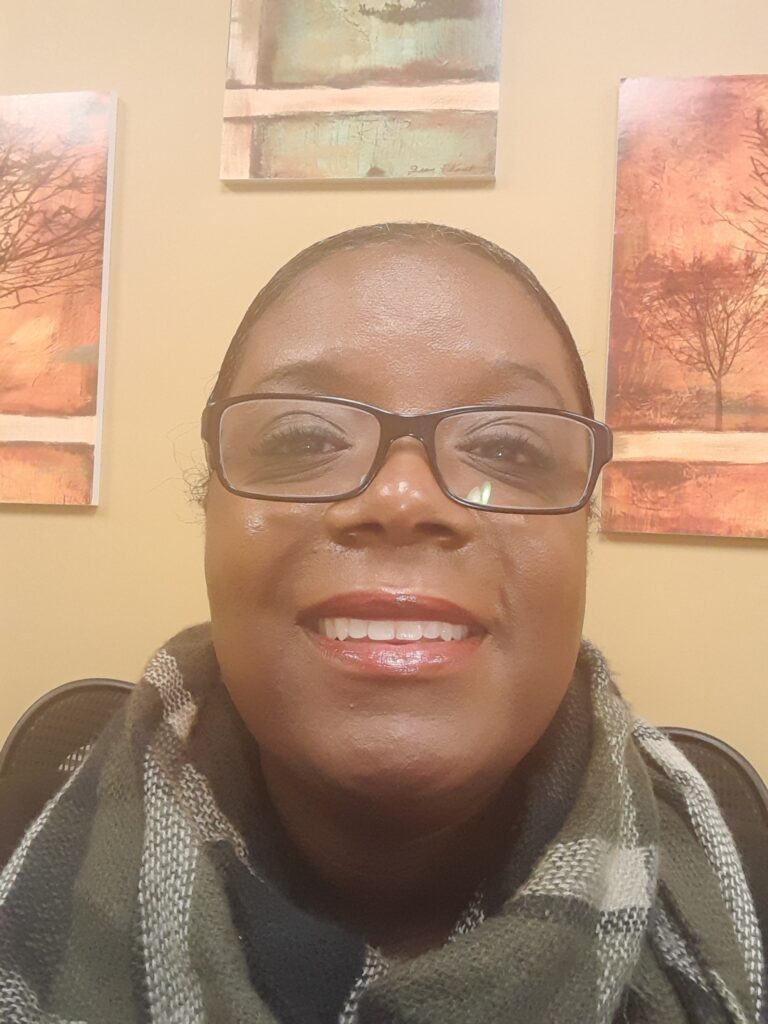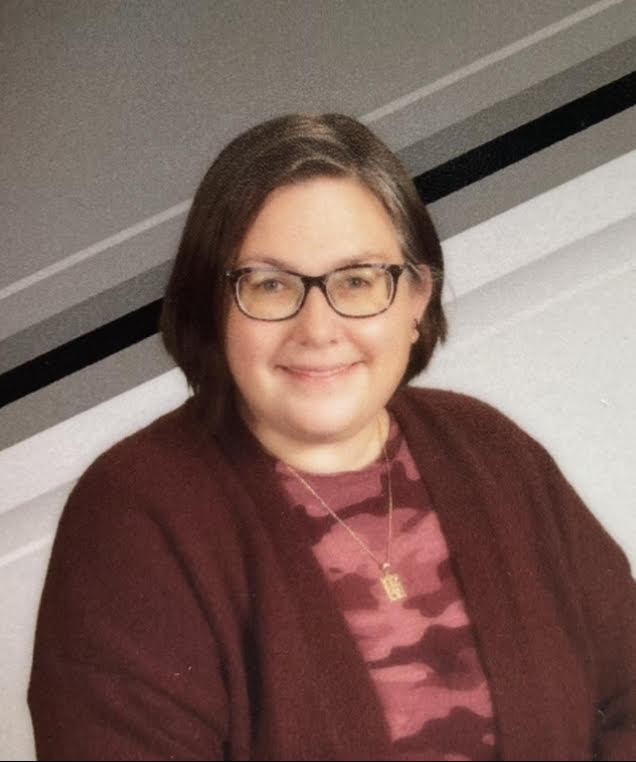
Funding Leaves Beardstown Lost In Translation
Category
Blogs
Written By
Bob Dolgan, Communications Director of Advance Illinois
Date
Feb 16, 2023
When junior high students move to Beardstown from places such as the Congo, they need basic “survival skills” as part of the adjustment to a new language and culture.
“We talk about how to tell the nurse if you don’t feel well,” said teacher Rob Hymes, “what it means if you see a sign in the hallway, or how to know where to go in the school. It’s an intimidating time for them.”
Absorbing complex topics in math and science is difficult enough for the average 7th grader, let alone those without English skills. Beardstown Community Unit School District #15, though, is affected by inequitable and inadequate funding, leaving English learners without licensed translators and English as a second language teachers in every classroom. Dual language classes, which had been provided to K-8 students, are now only provided to K-4.
“That’s the challenge,” Hymes said. “I had a new student come in this fall. He’s in science class and learning about genetics on his first day. I don’t speak French, and there’s no translator available. It’s really hard to adapt these things for a new student.”
The forces at play in Beardstown reflect trends across Illinois during the past 10 years. The number of English learners has grown in Beardstown, now making up more than 36% of district students. As shown in Every Student Counts: The State We’re In 2016-2017, English learners now represent more than 10% of the Illinois public school population. In isolated rural areas like Beardstown, fewer English as a Second Language teaching positions are available and compensation remains relatively low due to underfunding from the state. When teachers retire, positions often go unfilled.
“You have to have a real passion to work with a diverse community and a diverse student body,” said Trevor Cottle, Language Acquisition Administrator for the school district. “We’re wringing our hands right now because we’re going to have open positions at the end of the school year and will need to maintain staff.”
As student demographics have changed, and more supports are needed, Beardstown has struggled to keep up due to Illinois’ worst-in-the-nation school funding formula. Beardstown, in west-central Illinois, spends $7,878 per pupil and relies largely on state sources; Lake Bluff, in the northeast part of the state, spends $19,011 and relies on local sources. Local school funding in Beardstown remains limited, and property values are low.
“Our local funding just doesn’t compete with what the collar counties have,” said Beardstown Middle School/High School Principal Scott Riddle. “I’m amazed we haven’t been impacted more. It’s a credit to our staff, who are very hard-working.”
Beardstown’s funding challenges extend from limited classroom offerings for English learners to the expenditures needed for a modern education. Riddle and his team use private grant dollars to defray the costs of updated technology, including Chromebooks for high school students, but often funding is the barrier to providing accompanying professional development to teachers. The school turns to the Illinois Center for
School Improvement for assistance, which is working with Beardstown since its test scores qualify it as needing extra help from the state. While academics remain the priority, the lack of funding has left few dollars for extracurricular activities and sports. The community has undertaken fundraisers to ensure middle and high school sports can go on, including paying for uniforms for the football team.
“The community is supportive and will do anything they can,” said Riddle. “But there’s only so much you can do.”
Beardstown students’ options after high school are too often limited to working in meat processing, on hog farms or in low-wage service jobs.
“The expectation of college is just not ingrained,” Riddle said, referencing a recent field trip to Illinois College. “We have to demonstrate the benefit of attending college.”
Without additional funding, Beardstown will continue to struggle to improve its vocational curriculum to prepare students for a postsecondary program.
Hymes teaches a separate English as a Second Language class for students whose families have recently moved to Beardstown from places such as Mexico and Puerto Rico to work in a local plant. He also serves as a co-teacher for math and science, supplementing course content in Spanish so that students can learn in their native language. He says that underfunding has left the school unable to offer the comprehensive support that would best position students for future success.
“My job is to get them to the point where they can succeed without needing ESL classes,” Hymes said. “They deserve to have the same opportunities as other students, the access to curriculum and resources as any other students do. That’s why we do what we do.”
Beardstown is watching closely as the General Assembly debates a solution to the decades-old problem of school funding this spring. To learn more, and to sign up for action alerts, visit www.fundingilfuture.org, or like us on Facebook and follow us on Twitter.





